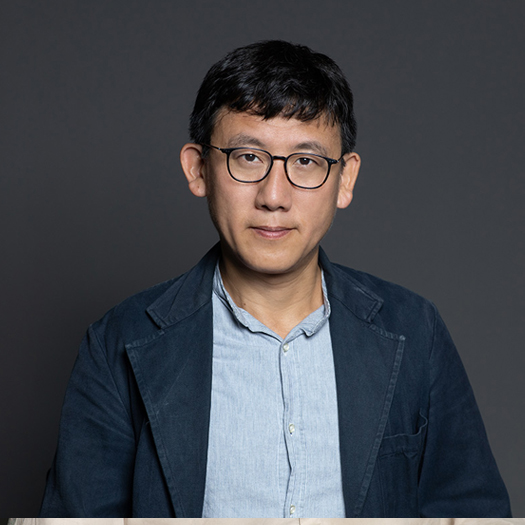Corruption Multiplies Chinese Officials’ Salary
ResearchZEW Study Is the First to Quantify Illicit Additional Income
High-ranking corrupt officials in China earn on average eight to fourteen times their regular salary by profiting from corruption. Corruption is especially widespread among officials with already high incomes and has a massive impact on earnings. While only seven per cent of officials proven to be corrupt would normally belong to the top one per cent of earners in urban China, the figure would rise to 91 per cent when considering illegal income. However, the far-reaching measures already taken by China with 3.7 million sanctions systematically inhibit corruption. These are the findings of a study conducted by ZEW Mannheim with the City University of New York. The study is the first of its kind to analyse the financial benefits of corruption for the individual perpetrators, drawing on data from the Central Commission for Discipline Inspection of the Communist Party.
Corruption is a vehicle used by China’s upper income classes to dramatically increase their income. “According to our calculations, they are able to illegally increase their income by a factor of eight to fourteen. Corruption allows them to rise to the very top of the income distribution,” explains Li Yang, PhD, co-author of the study and researcher in the ZEW Research Group “Inequality and Public Policy”.
Which officials are corrupt?
The analysis shows that the likelihood of corruption increases with rising education level, hierarchical status and duration of membership in the Chinese Communist Party (CCP). Potential corruption is also linked to the time period in which a CCP member joined the party. Officials who joined the CCP after 1978, and especially after 1992, are associated with greater amounts of corruption than those who joined before 1978. Corruption, however, occurs regardless of age, gender and region.
China’s anti-corruption campaign appears to be genuine
“With the economic reforms at the end of the 1970s and the introduction of the market economy in 1992, corruption became increasingly visible in China. As growth was the top priority for the Chinese leadership, the fight against corruption has taken a back seat over the last four decades. In the meantime, inequality, which is probably also fuelled by corruption, has also increased considerably,” explains Yang.
By 2012, corruption had become the biggest challenge facing the CCP. Driven by this perception, a far-reaching anti-corruption campaign was launched. From 2012 to May 2021, over four million cadres and officials were investigated, 3.7 million of whom were sanctioned by the CCP’s Central Commission for Discipline Inspection (CCDI).
“There is ongoing debate about whether the anti-corruption campaign is genuine or whether it is driven by political motives meant to strengthen the power of China’s President, Xi Jinping. In my opinion, however, it is mostly a genuine effort. Incentives for individuals, political institutions and state-owned enterprises have been changed to reduce the likelihood of corruption and to remove the structural barriers to anti-corruption enforcement,” Yang concludes.
First comprehensive corruption data set
The study analyses the contexts in which corruption takes place in China and estimates its impact both on inequality in the country and on the income of known corrupt officials. This is the first time that influence of corruption on income distribution has been able to be estimated. The calculation is based on a dataset of 1,451 convictions for corruption between 2012 and 2021. The data comes from the CCDI, which has been continuously updating the status of corruption cases involving high-ranking officials since 2012 in order to show the results of political anti-corruption measures. The authors of the study systematically combined relevant information from the CCDI website to create a comprehensive corruption dataset, the first of its kind. The researchers were able to reconstruct complete personal profiles for 686 cases, including the amount of illegal income earned. The study was published in the European Journal of Political Economy.



